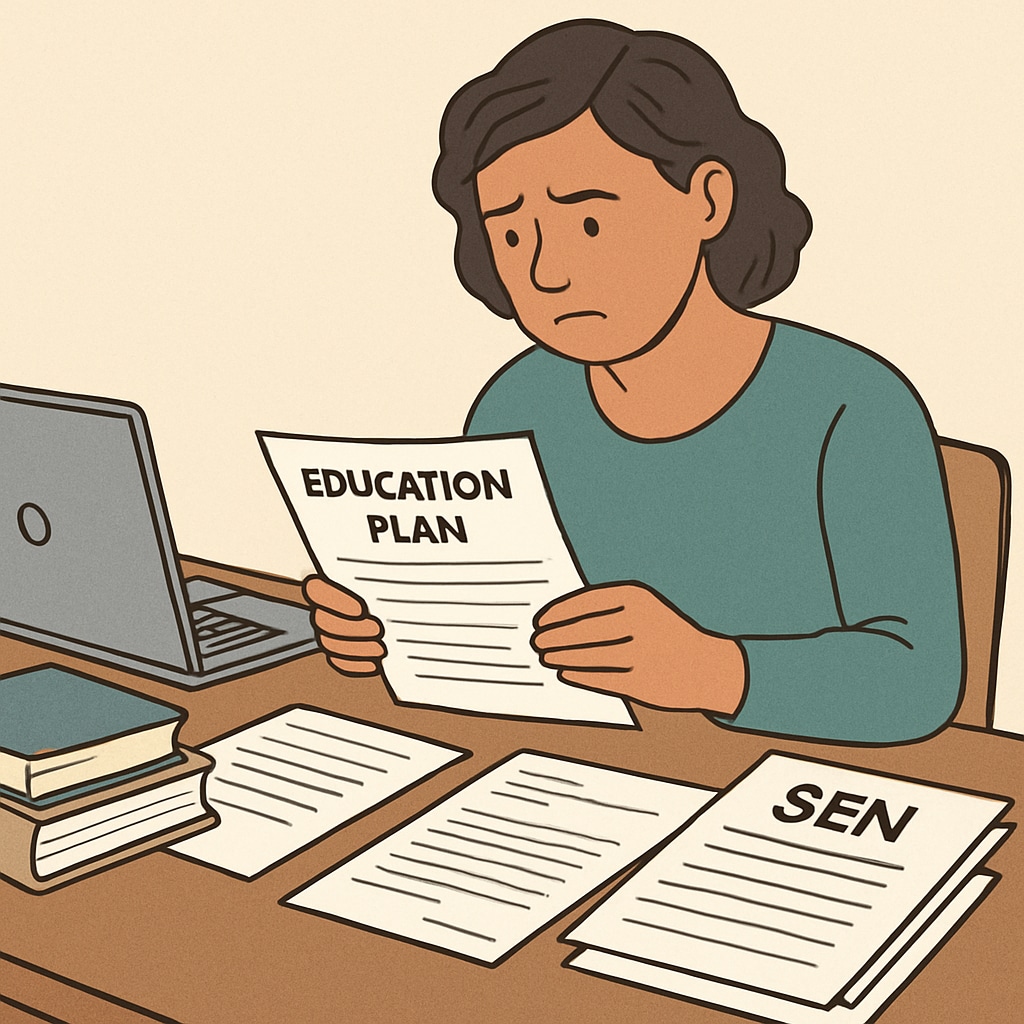In the UK, students with special education needs (SEN) face significant challenges, particularly when transferring schools. A recent case involving a 15-year-old girl who waited 22 weeks to secure a school placement highlights the systemic failures in addressing these delays. This issue underscores the lack of accountability among local authorities and the urgent need for a more inclusive and efficient education system.
Systemic Failures in Supporting SEN Students
Special education needs students often require tailored support to succeed academically and socially. However, the process of transferring schools can be fraught with delays and bureaucracy. For example, in the case of the 15-year-old girl, the local education authority failed to secure a timely placement, leaving her without access to education for over five months. Such delays can have long-lasting repercussions on a child’s development, self-esteem, and mental health.

Local authorities are legally obligated to ensure that every child has access to education. Yet, in many cases, these obligations are not met, particularly for SEN students. This failure not only violates the students’ rights but also places additional strain on their families, who are often left advocating for their children without sufficient support.
The Impact of Delays on Families and Communities
When school placements are delayed, the effects ripple through families and communities. Parents of SEN students frequently report feeling ignored or undervalued by the education system. They are often forced to navigate complex administrative processes, which can be overwhelming and time-consuming.
Moreover, these delays exacerbate social inequalities. Families with fewer resources may struggle to provide alternative educational opportunities, leaving their children at a greater disadvantage. As a result, the education system not only fails SEN students but also undermines efforts to create a fair and equitable society.

Proposed Solutions for a More Inclusive System
To address these systemic failures, several key reforms are necessary:
- Streamlined Processes: Simplify the school transfer process for SEN students, reducing bureaucracy and ensuring timely placements.
- Increased Accountability: Hold local authorities accountable for meeting their legal obligations to provide education for all students.
- Enhanced Support Services: Provide additional resources for families, including dedicated caseworkers to assist with school transfers.
- Greater Transparency: Regularly report on the performance of local authorities in meeting the needs of SEN students.
By implementing these changes, the education system can become more responsive to the needs of SEN students and their families. For further information on SEN policies and rights, visit UK Government SEN Guidance or explore Special Education on Wikipedia.
Conclusion: Time for Action
The case of the 15-year-old girl waiting 22 weeks for a school placement is not an isolated incident. It is a stark reminder of the systemic issues plaguing the UK education system, particularly for SEN students. Local authorities must take immediate action to fulfill their responsibilities and ensure that every child has access to the education they deserve. Only through collective efforts can we create a more inclusive and equitable system for all students.
In conclusion, addressing these delays is not just a matter of policy; it is a matter of justice for children and families who rely on the education system to support their futures.


